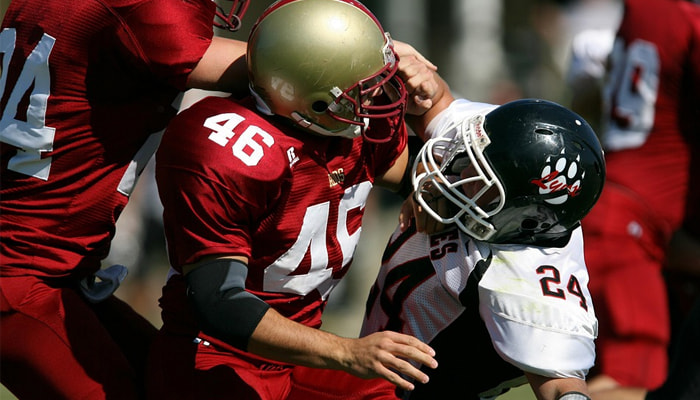NCAA Considers Allowing Student-Athletes to Bet on Pro Sports

The NCAA is considering a proposal that would permit student-athletes, coaches, and staff to wager on professional sports, ending decades of strict prohibition.
The Proposed Rule Change and Legislative Pathway
A significant shift in the NCAA’s approach to sports betting is underway. The Division I Board of Directors voted 21–1 in April 2025 to deregulate wagering on professional sports. The vote directed the Division I Council to formalize legislation.
This week, the Council is expected to approve the measure. It would then require Divisions II and III endorsement in July before taking effect. Crucially, the ban on betting on college sports at any level would remain intact, preserving core integrity safeguards.
The policy could be implemented as early as the 2025 football season if ratified. It would mark the first time NCAA athletes could legally bet on professional leagues like the NFL or NBA in states where gambling is permitted.
Drivers for the Policy Overhaul
The move signals a practical response to the growing presence of gambling. With sports betting legal in 39 states, the NCAA’s blanket ban has become increasingly difficult to enforce.
NCAA enforcement teams are inundated with minor violations, like a student-athlete placing a $50 bet on an NBA game, that incur tiered penalties. These cases divert resources from graver threats, such as point-shaving, game-fixing, or prop bets targeting college athletes.
The NCAA now aims to concentrate efforts on behaviors directly undermining collegiate competition, such as insider information leaks or manipulating outcomes.
Evolving Penalties and Protective Measures
The proposed framework would shift penalties to focus solely on college sports violations. Bets on an athlete’s team or influencing outcomes would still trigger lifetime eligibility loss. Meanwhile, sharing team information with bettors could result in a 50% season ineligibility.
To mitigate risks, NCAA President Charlie Baker is spearheading a push to ban college prop bets. These wagers on individual player performances have fueled athlete harassment and integrity scandals. States like Ohio, Vermont, and Maryland already prohibit such bets, and Baker is urging others to follow.
At the same time, the NCAA is developing “safe harbor” rules offering reduced penalties for athletes seeking gambling addiction help. It is also creating enhanced education via initiatives like “Draw the Line”.
Balancing Modern Realities and Integrity
The pivot acknowledges gambling’s ingrained role in sports culture. A 2023 NCAA survey revealed 58% of young adults engage in sports betting, while legal wagers in the U.S. topped $150 billion in 2024.
By partnering with firms like Genius Sports to supply official data to regulated sportsbooks, the NCAA acknowledges the normalization of gambling. At the same time, it continues to fence off college sports.
Yet scandals persist, such as the 2023 Alabama baseball scandal involving game-fixing. Another prominent example is the Iowa/Iowa State cases, where over 100 athletes bet on college sports.
The new policy implicitly distinguishes between low-risk pro-sports wagers and high-stakes collegiate integrity threats. This way, it leverages limited enforcement resources strategically.
“The biggest risk to college sports is point shaving and prop bets… not whether a college athlete bets on the Super Bowl”
Matt Banker, college athletics consultant
Implications and Next Steps
Should the rule pass, it will signal the NCAA’s adaptation to a changed landscape without compromising core values. Educational programs will emphasize that NCAA rules supersede state gambling laws. Athletes will remain barred from advertising or sponsoring betting entities.
For compliance officers, the shift promises relief from tracking minor pro-sports violations. That would free up capacity to monitor illicit campus betting rings or social media harassment.
Division I Council Chairman Josh Whitman summarized the rationale: “NCAA rules were written when sports gambling was largely illegal… as betting has become widely accepted, we must distinguish between professional and collegiate sports”.
The decision, expected by early July, has the potential to redefine athlete autonomy while preserving the credibility of collegiate sports.
 by
by